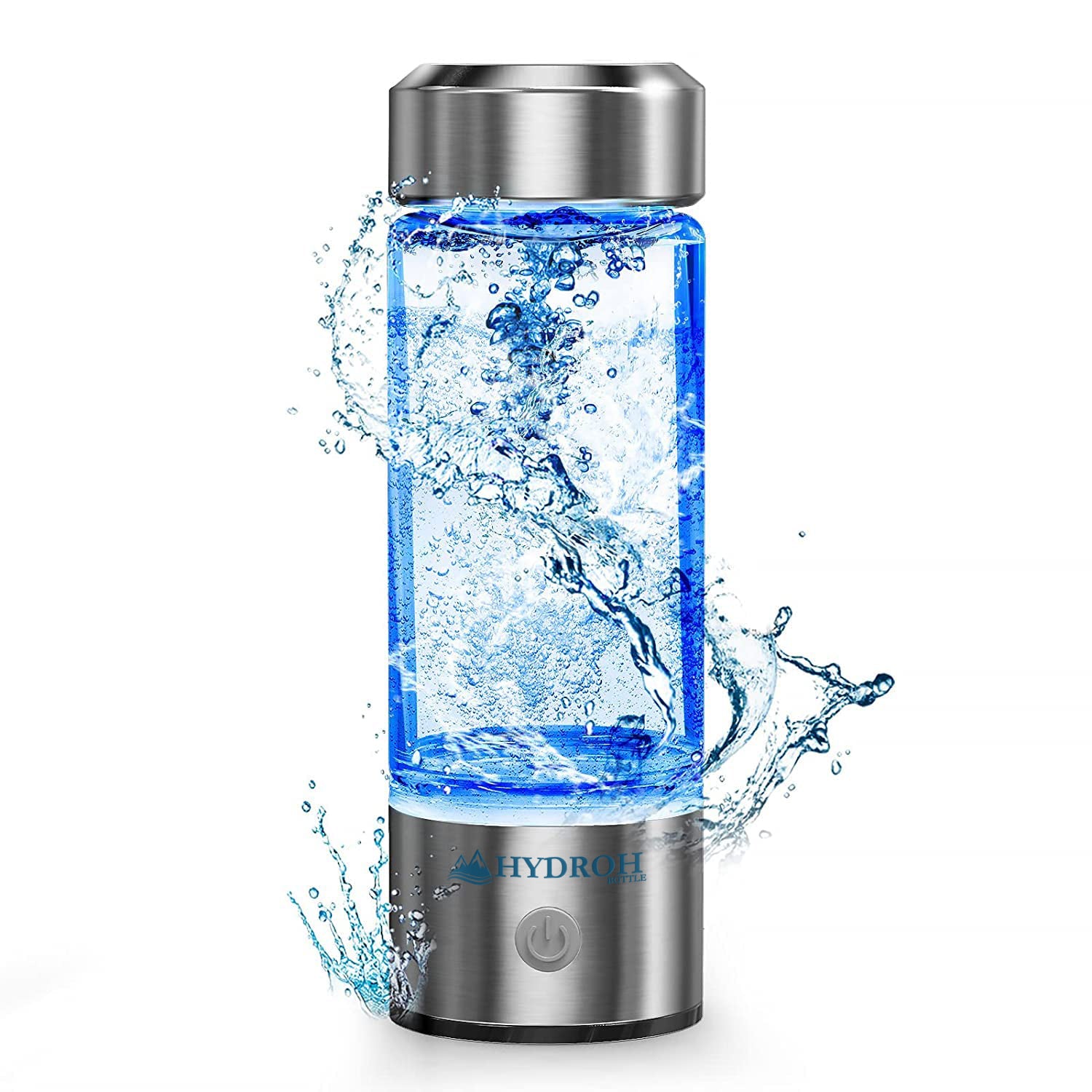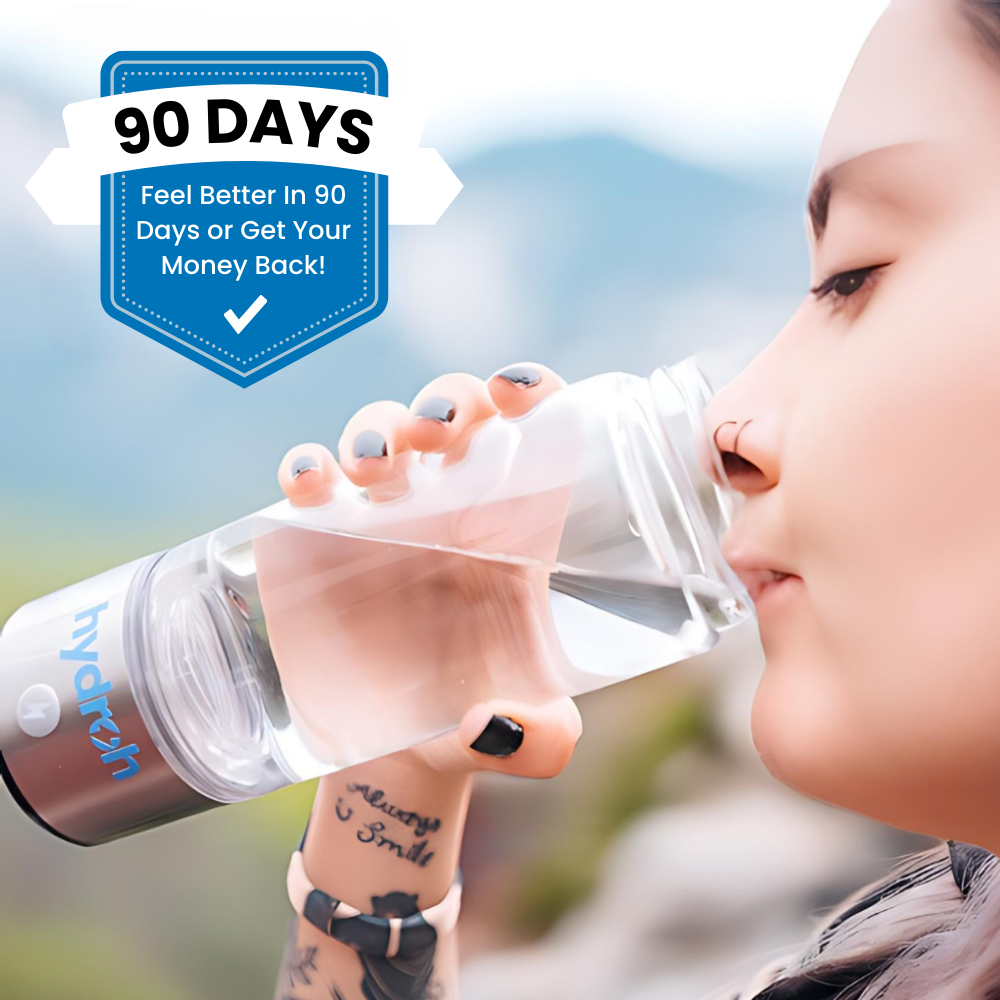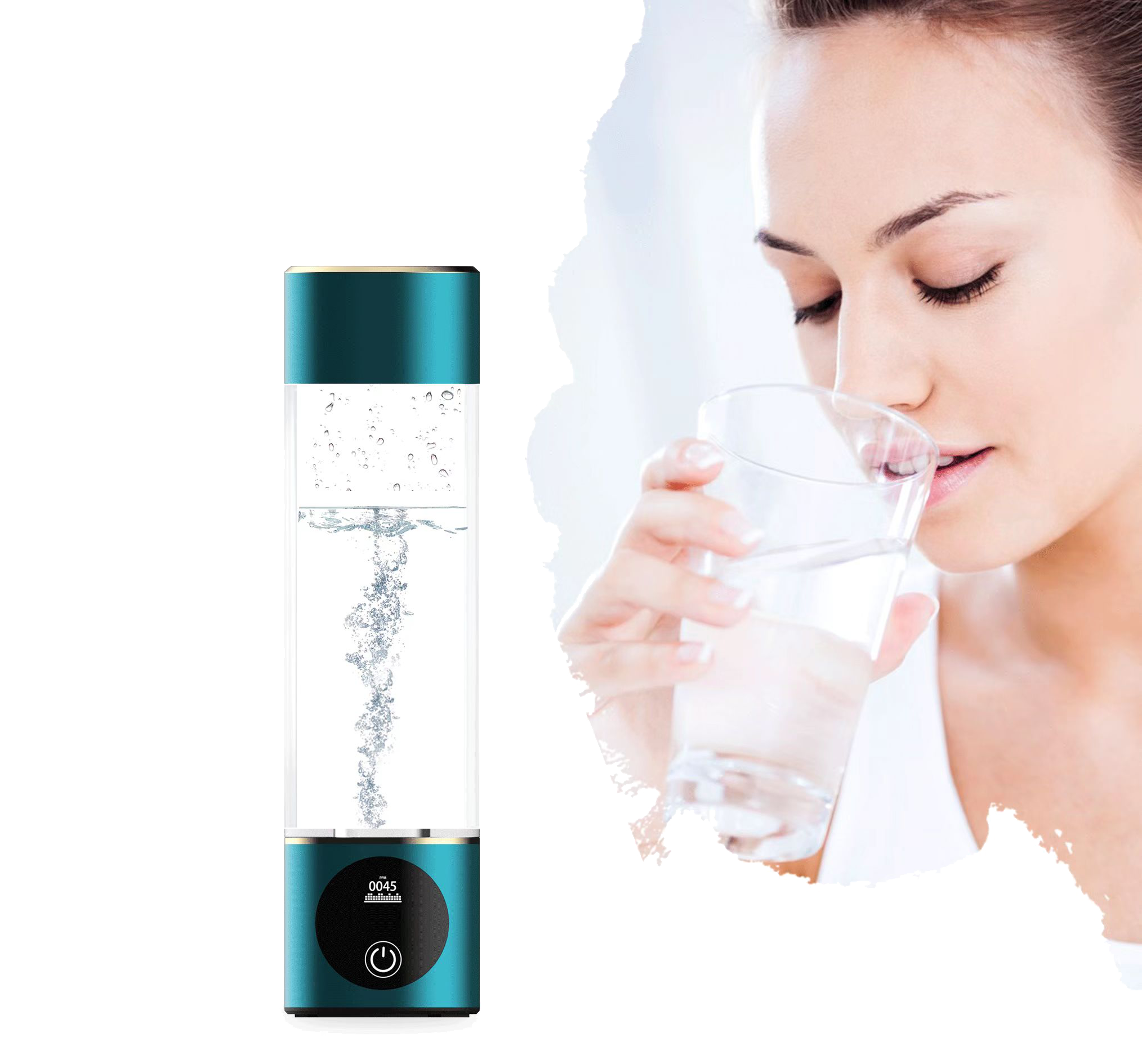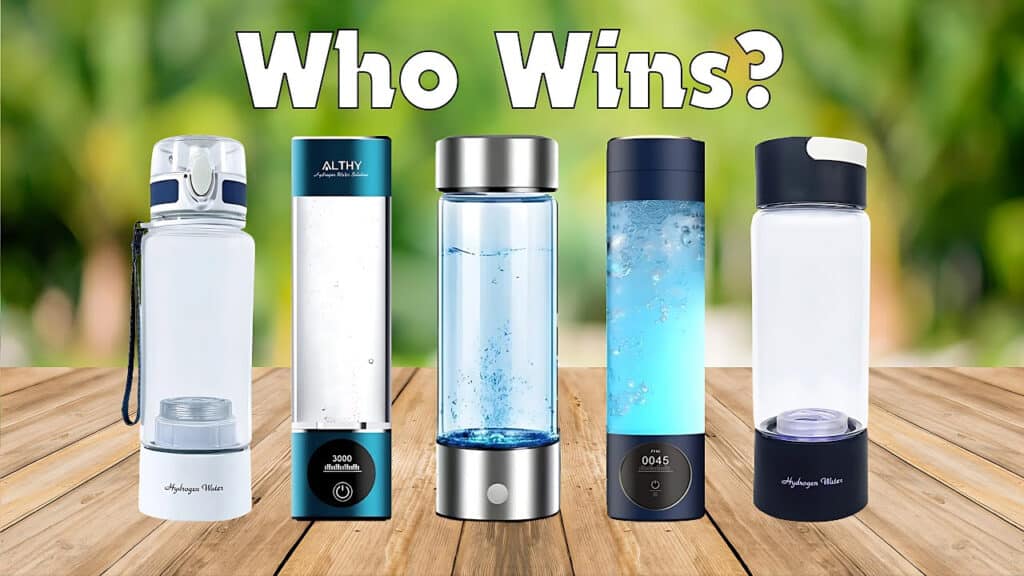Healthy Hydration Hydrogen Water Bottle Reviews

The quest for optimal hydration has spawned a new frontier: hydrogen-infused water. Proponents tout its enhanced antioxidant properties and potential health benefits, leading to a surge in popularity of hydrogen water bottles. But amidst the marketing hype, a crucial question arises: are these bottles truly effective, and are the purported benefits backed by solid science?
This article delves into the science behind hydrogen water, examines the functionality of hydrogen water bottles, analyzes user reviews, and considers expert opinions to provide a comprehensive assessment of this trending hydration technology. We aim to cut through the noise and offer readers a balanced perspective on whether investing in a hydrogen water bottle is a worthwhile pursuit or merely a fleeting trend.
The Science of Hydrogen Water
Molecular hydrogen (H2) is a colorless, odorless, and tasteless gas. Some studies suggest that dissolved H2 can act as a selective antioxidant, neutralizing harmful free radicals without disrupting beneficial reactive oxygen species necessary for cell signaling.
Dr. Shigeo Ohta, a leading researcher in the field, has published numerous papers on the potential benefits of hydrogen in various health conditions. Research indicates that hydrogen water may have anti-inflammatory, anti-apoptotic (cell death prevention), and neuroprotective effects.
However, it's important to acknowledge that the research on hydrogen water is still evolving, and many studies have been conducted on a small scale or in vitro (in a laboratory setting). More large-scale, randomized controlled trials are needed to confirm these initial findings and establish definitive health benefits.
How Hydrogen Water Bottles Work
Hydrogen water bottles typically utilize a process called electrolysis to infuse water with molecular hydrogen. They contain electrodes that, when energized, split water (H2O) into its constituent parts: hydrogen and oxygen.
The hydrogen gas is then dissolved into the water, increasing its concentration. Quality varies greatly among different brands, affecting hydrogen concentration and purity.
Some bottles claim to use SPE/PEM technology (Solid Polymer Electrolyte/Proton Exchange Membrane) to produce pure hydrogen water, separating hydrogen from other byproducts like chlorine and ozone. This technology is generally considered superior, as it prevents contamination and ensures a higher concentration of dissolved hydrogen.
Analyzing Hydrogen Water Bottle Reviews
Consumer reviews of hydrogen water bottles paint a mixed picture. Some users report experiencing increased energy levels, improved skin hydration, and reduced inflammation.
Others, however, report no noticeable effects or express concerns about the high cost and durability of the bottles. Negative reviews often cite issues with leakage, short battery life, or a lack of verifiable hydrogen concentration levels.
It's crucial to consider that anecdotal evidence should be treated with caution. The placebo effect can play a significant role in perceived health benefits, and individual responses can vary widely.
Expert Opinions and Cautions
Registered Dietitian Lisa Andrews emphasizes the importance of a balanced diet and regular exercise for overall health. She cautions against relying solely on hydrogen water for health benefits, stating that it should be considered as a supplemental strategy, not a replacement for other healthy habits.
The FDA (Food and Drug Administration) does not regulate hydrogen water bottles as medical devices, meaning that manufacturers are not required to prove the efficacy or safety of their products before marketing them to consumers.
Therefore, consumers should exercise caution and conduct thorough research before purchasing a hydrogen water bottle. Look for bottles that have been independently tested and certified to ensure they meet claimed hydrogen concentration levels and safety standards.
Key Features to Consider
When choosing a hydrogen water bottle, consider the following factors. Hydrogen concentration, measured in parts per million (ppm), indicates the amount of dissolved hydrogen. Look for bottles that can achieve a concentration of at least 0.5 ppm.
Electrode Technology: Opt for bottles using SPE/PEM technology for pure hydrogen production. Material Quality: Ensure the bottle is made from BPA-free, food-grade materials.
Certifications: Look for certifications from reputable organizations that verify hydrogen concentration and safety. Battery Life: Consider the battery life and charging time for convenience.
Potential Benefits and Risks
While preliminary research suggests potential benefits of hydrogen water, it's crucial to weigh these against potential risks. Overconsumption of anything, even water, can be harmful.
Hyponatremia, a condition caused by low sodium levels in the blood, can occur from drinking excessive amounts of water. It is essential to consult with a healthcare professional before making significant changes to your hydration routine.
Furthermore, the long-term effects of consuming hydrogen water are still unknown. More research is needed to assess any potential risks associated with chronic consumption.
The Future of Hydrogen Water
The future of hydrogen water depends on further scientific research and regulation. If larger-scale studies confirm the initial findings, hydrogen water could become a more widely accepted health supplement.
However, if the benefits remain unsubstantiated, the trend may eventually fade away. Stricter regulations and quality control measures are needed to protect consumers from misleading claims and potentially harmful products.
Ultimately, the decision to invest in a hydrogen water bottle is a personal one. Consumers should weigh the potential benefits and risks, consider expert opinions, and conduct thorough research before making a purchase.














.jpg?format=1000w)



